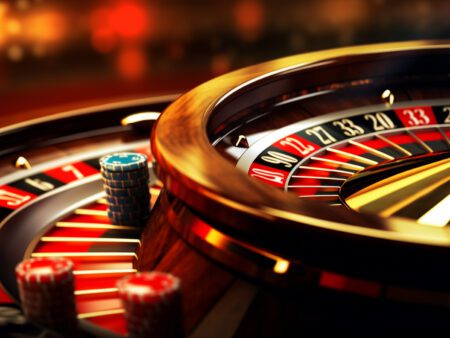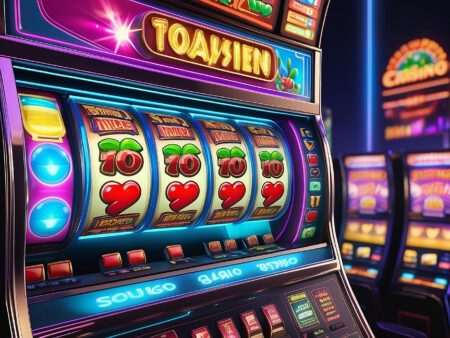Uncover the interplay between skill and luck in poker and learn how to balance these elements to improve your game. Skill can be honed; luck can be embraced.
The Role of Luck in Poker: Balancing Skill and Chance
Whether you’re a novice to online poker or a seasoned player, the interplay between skill and luck in the game never ceases to fascinate. The exhilarating uncertainty of the ‘river card’, the strategic bluffing, and the thrill of calculating odds – all of these elements together make poker a game that perfectly marries skill with chance.
The Element of Chance in Poker
Contrary to what some might believe, poker isn’t just about getting lucky with the cards you’re dealt with. True, the random shuffle of cards does introduce an element of luck into the game, but it is far from the whole story. In fact, the uncertainty, or the ‘luck factor’, is what makes poker a game of incomplete information, setting it apart from other games like chess or checkers.
The Power of Skill
What sets poker apart from many other forms of gambling is the significant component of skill involved. Practiced poker players rely on their understanding of poker strategy, probability, game theory, and behavioral psychology to gain an edge over less skilled players. These skills can be honed through diligent study and practice – the more you play (and the more you learn from your mistakes), the better poker player you’ll become.
Balancing Skill and Chance
To be a successful poker player, one must strike a delicate balance between embracing the element of chance, and applying learned skills. Our experts recommend a few strategies towards achieving this balance: firstly, players should always be aware of the odds and make decisions accordingly, even when the outcome is not guaranteed. Secondly, remembering that not all hands can be won can prevent irrational decisions during games. Lastly, understanding that both good and bad luck streaks are part of the game can help maintain a level-headed approach.
So, what role does luck play in poker? Just as in life, luck in poker introduces unpredictability, it’s the wildcard that can turn a game on its head. This element of chance can make the game exciting and unpredictable. Over a few hands of poker, a novice could trounce a seasoned player thanks to a string of good luck. However, in the long run, the player who can skillfully manage their game and exploit the luck factor will come out on top.
Harnessing the Hand you’re Dealt
While poker players can’t change the cards they’re dealt, they can influence the game through their decisions. This is where the skill comes in. Unlike pure games of chance, like slots or roulette, poker strategy revolves around the moves you make, not the cards you’re dealt. Professional blackjack players secrets also showcase how strategic play can tilt the balance in favor of the player, similar to poker.
Mastering the Yin and Yang of Poker
The essence of poker lies in the delicate balance between chance and skill. Players can use their knowledge of poker odds, bluffing tactics, and reading opponents to swing the game in their favor, all while acknowledging the sway of Lady Luck. Mastering this balance is crucial to not only winning but enjoying the game as well. Here are a few tips to help:
- Accept the Randomness: Acknowledge that bad beats and lucky draws are part and parcel of the game.
- Learn the Odds: Understand the odds and probabilities of poker to guide your betting decisions.
- Read your Opponents: Due to poker’s psychological component, learning to read your opponents’ behavior can give you valuable insights.
- Improving Skills: Constantly work on improving your poker skills. Remember, poker isn’t just a game of chance, and just like any other skill, poker playing improves over time.
Remember, the element of chance in poker makes it exciting, while the skill aspect makes it intellectually engaging. Without both, poker wouldn’t be the game we all love and enjoy.
Conclusion
In poker, skill and luck are two sides of the same coin. While it’s true that you can’t win without a good dose of luck, the role of strategy, understanding, calculation, and intuition in poker is equally if not more important. A winning poker player knows to harness both luck and skill, creating a symbiotic relationship that allows them to master the game.
Do you usually rely more on luck or skill when you play poker? Would you say one is more essential than the other? We’d love to hear your insights and experiences. Let’s get the discussion going in the comments below.










